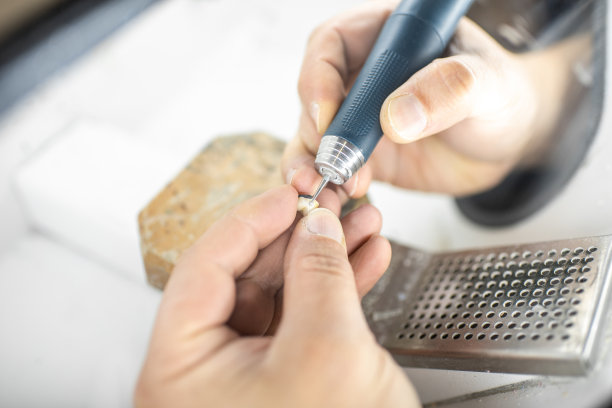Revolutionary Advances in Dental Implants Transforming Smiles and Enhancing Quality of Life for Patients Worldwide
Summary: Revolutionary advances in dental implants are reshaping the landscape of oral health and enhancing the overall quality of life for patients around the globe. This article examines four pivotal aspects: the technological breakthroughs in dental implant design, the integration of biocompatible materials, the enhancement of aesthetic outcomes, and the impact on patients psychological well-being. Each of these dimensions illustrates how modern dentistry is not just about restoring functionality but also about rejuvenating smiles and boosting confidence. With ongoing innovations, dental implants are set to redefine the standards of dental care and patient satisfaction.
1. Technological Breakthroughs in Implant Design

The world of dental implants has experienced remarkable technological advancements in recent years. Innovations such as computer-guided surgical techniques have significantly improved the accuracy and efficiency of implant placements. This precision reduces the surgery time and minimizes the discomfort and recovery period for patients.
Furthermore, the development of mini dental implants has transformed the way dental professionals approach complex cases. These smaller, less invasive implants are ideal for patients with limited bone structure, providing a viable solution for those who may have previously been considered unsuitable for traditional implant options.
Lastly, the emergence of smart implants equipped with sensors signifies a breakthrough in personalized dental care. These sensors can monitor healing progress and bone integration, allowing dentists to adjust treatments in real-time and ensuring better outcomes for patients.
2. Integration of Biocompatible Materials
Another exciting aspect of modern dental implants is the use of advanced biocompatible materials. Traditional materials often posed risks of rejection or complications; however, innovations like titanium and zirconia have revolutionized the field. These materials not only promote better integration with natural bone but also reduce the likelihood of adverse reactions in patients.
Additionally, researchers are exploring the benefits of coatings and surface modifications that enhance osseointegration—the process where the implant fuses with the bone. Techniques such as acid-etching, sandblasting, and the application of bioactive glass have shown promising results in speeding up this integration process.
Moreover, the introduction of biodegradable materials for temporary implants is in the spotlight, allowing for smoother healing processes and reducing the burden on patients during recovery. This advancement pushes the boundaries of what dental implants can achieve.
3. Enhancement of Aesthetic Outcomes
Aesthetic considerations play a critical role in dental implant procedures. Patients prioritize not only function but also the visual appeal of their dental restoration. Advances in implant shape, size, and color matching have led to more natural-looking results. The use of computer-aided design (CAD) technology enables custom implants to blend seamlessly with existing teeth.
In addition, the creation of sensational prosthetic teeth has been made possible through advancements in materials such as porcelain and composite resins. These materials can mimic natural tooth enamels translucency and texture, providing an aesthetically pleasing result that enhances patients’ self-esteem.
Patient-specific treatment plans that leverage 3D imaging and modeling ensure personalized approaches, ensuring each implant fits each individual perfectly and aligns with their unique smile design, further enhancing satisfaction.
4. Impact on Patients Psychological Well-being
The psychological impact of dental implants cannot be overstated. For many patients, the loss of teeth is associated with a diminished self-image and social anxiety. Dental implants provide a long-term solution, restoring not only functionality but also confidence and happiness. Studies have shown that individuals with dental implants report higher levels of satisfaction and an improved quality of life.
Moreover, the psychological benefits extend beyond aesthetics. The stability and comfort offered by implants can alleviate the fear of eating or speaking in social situations, which many denture wearers face. This newfound freedom allows patients to engage fully in life without the worry that their teeth might slip or cause discomfort.
Additionally, dental professionals are increasingly recognizing the importance of providing psychological support alongside physical treatments. Offering counseling and support during the recovery process enhances the overall experience for patients, emphasizing the comprehensive nature of modern dental care.
Summary:
The advancements in dental implants encapsulate a holistic approach to patient care, highlighting the intersection of technology, materials science, aesthetics, and psychological well-being. Dental implants are not merely a technical solution; they represent a pathway to improved lives and renewed confidence, making them a revolutionary addition to modern dentistry.
This article is compiled by Vickong Dental and the content is for reference only


